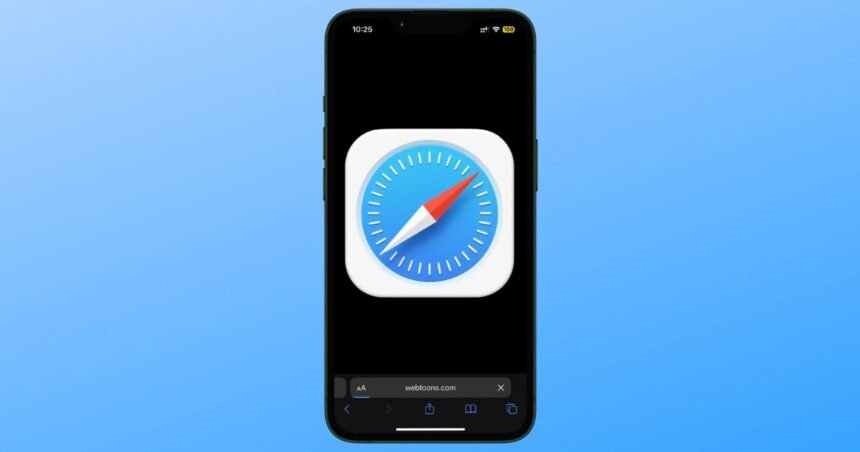Apple’s new policy has significantly changed the App Store Guidelines in the EU to meet DMA (Digital Markets Act) anti-trust regulations. One of the new App Store guidelines allows developers to publish iPhone web browsers using their engine. However, Apple is preventing developers from testing their apps before making them available to EU users.
Apple's New Policy for Third-Party Web Engines:
According to Developers Apple has restricted third-party web browser testing to devices based in the European Union. “This restriction adds another obstacle to anyone wishing to create and maintain a web browser with an alternate engine for European users,” the report states.

While developers can run their apps in the iPhone Simulator on a Mac to test them before they launch them on the app store, there are a few behaviors that can only be seen on an actual device. Even if a bug is reported to the development team, it may be difficult to locate and fix the issue without installing the browser on your iPhone.
Apple has been requiring iOS web browsers to run the same version of WebKit as Safari for years. One of the requirements of the DMA is that developers have the option to use alternative browser engines. For instance, Google can now publish an iOS version of Chrome using the same engine that powers the desktop version.
However, with these requirements, most developers are unlikely to work on it anytime soon. “Apple is not serious about providing web browsers or engine choice support on iOS,” said Google Chrome senior vice president of product management, Paul Tabriz, in February.
Another limitation is that alternative engines are currently not available for the iPad – but this is set to change later in the year.
The European Commission has already indicated that it is unsatisfied with some of the responses from Apple to the new legislation, so we can expect further changes on this front.


